Dodik condemns Germany’s Baerbock on country position
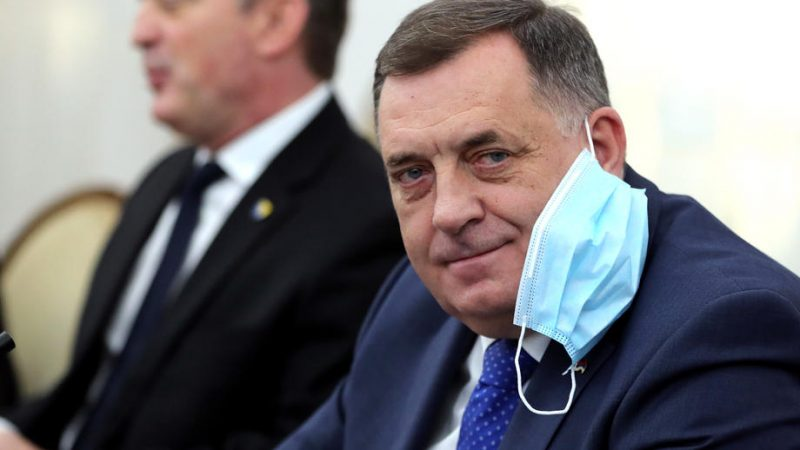
Milorad Dodik, the Serb member of tripartite BiH Presidency, has slammed German Foreign Minister Annalena Baerbock over her alleged stance on the country’s troubles.

Milorad Dodik, the Serb member of tripartite BiH Presidency, has slammed German Foreign Minister Annalena Baerbock over her alleged stance on the country’s troubles.

After Russia unilaterally declared that it would recognise the independence of the two Ukrainian breakaway regions of Donetsk and Luhansk, Germany heavily condemned the move and pledged support to Ukraine.
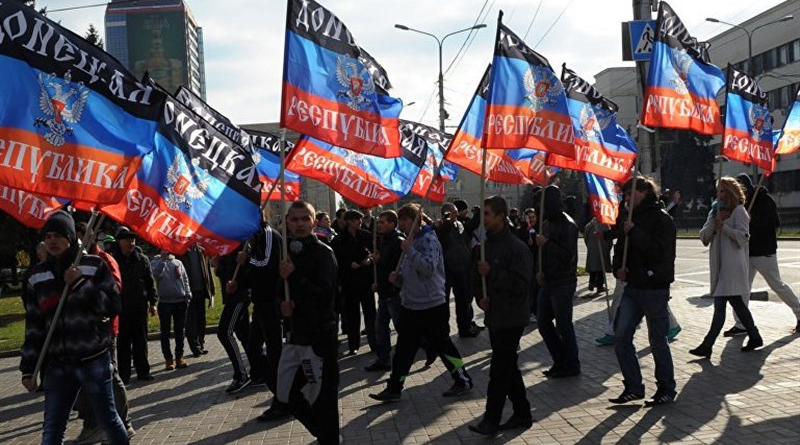
At the end of a bitter and bellicose speech in which he took aggressive aim at Kyiv and the West, Russian President Vladimir Putin said he was recognizing the Moscow-backed separatist entities that control parts of eastern Ukraine as independent countries — and quickly signed a decree making it official.
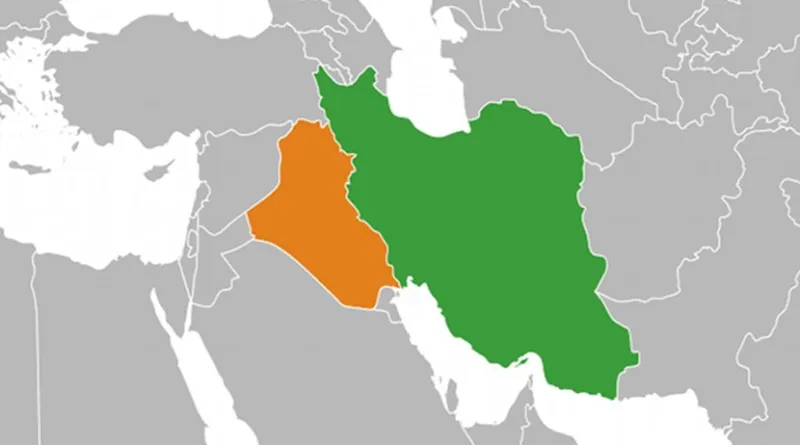
Over the past few days, the Iraqi people have reiterated their rejection of the Iranian products being sold in the country, culminating in the launch of an awareness-raising campaign — the second in two years — on social media platforms.
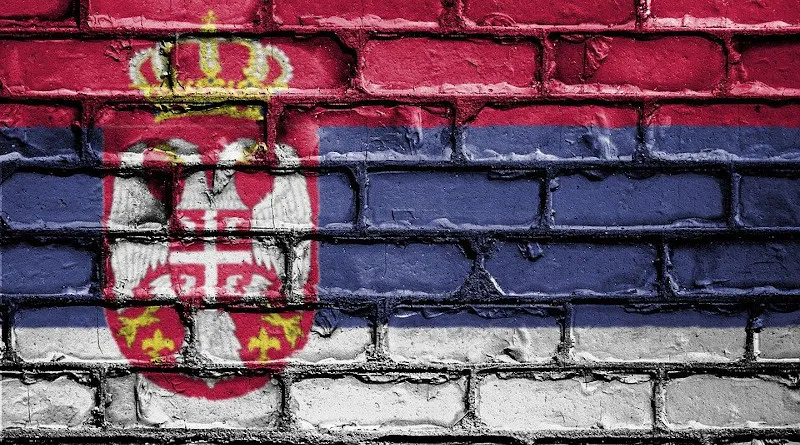
In the Republic of Serbia, regular presidential elections, extraordinary parliamentary elections and regular local elections for the capital of Belgrade and 12 towns and municipalities are scheduled to take place on 3 April 2022.
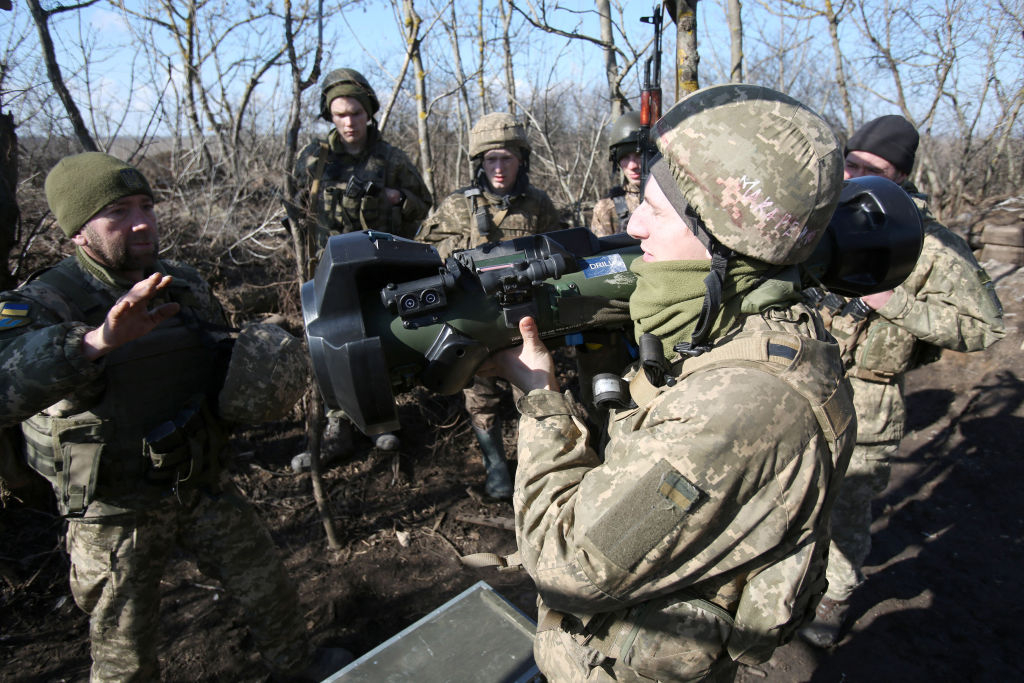
To induce Ukraine to give up the nuclear weapons inherited on the dissolution of the Soviet Union, the U.S., Great Britain and Russia agreed to provide assurances. If Washington were to allow Russia to gobble up the rest of Ukraine, it would tell non-nuclear states they must have nuclear arsenals because they cannot rely on the nuclear weapons powers for security.
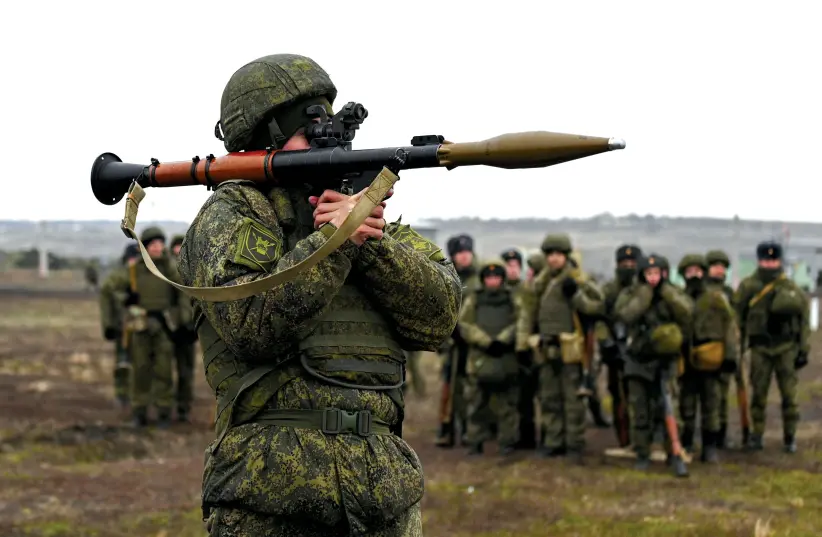
US ambassador to the UN charged that Moscow was making claims on “all territories” of the pre-Soviet Union Russian Empire • Russian FM: Ukraine has no right to sovereignty
“The Kremlin has taken another step towards the revival of the Soviet Union,” Ukrainian Defense Minister Oleksii Reznikov said in an address to soldiers on Tuesday.

The Moscow-backed regions have been thrust to the forefront of an international crisis over a Russian military buildup hinting at invasion.
Russian President Vladimir Putin signed a decree to recognize two breakaway regions of eastern Ukraine as independent entities in a signing ceremony shown on state television on Monday.
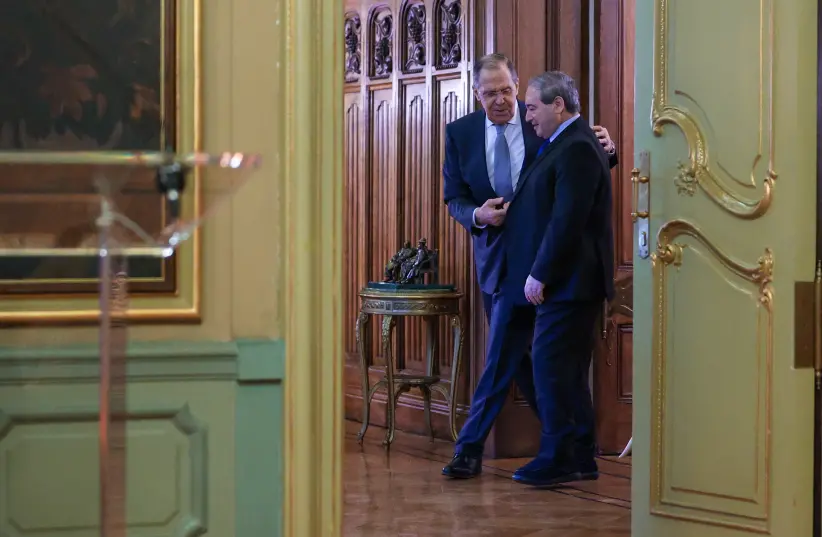
Russia recognizes the independence of the breakaway east Ukrainian regions within their current boundaries.
Russia’s Foreign Minister Sergei Lavrov on Tuesday questioned whether Ukraine had a right to sovereignty because he said the government in Kyiv did not represent the country’s constituent parts, the Interfax news agency reported.
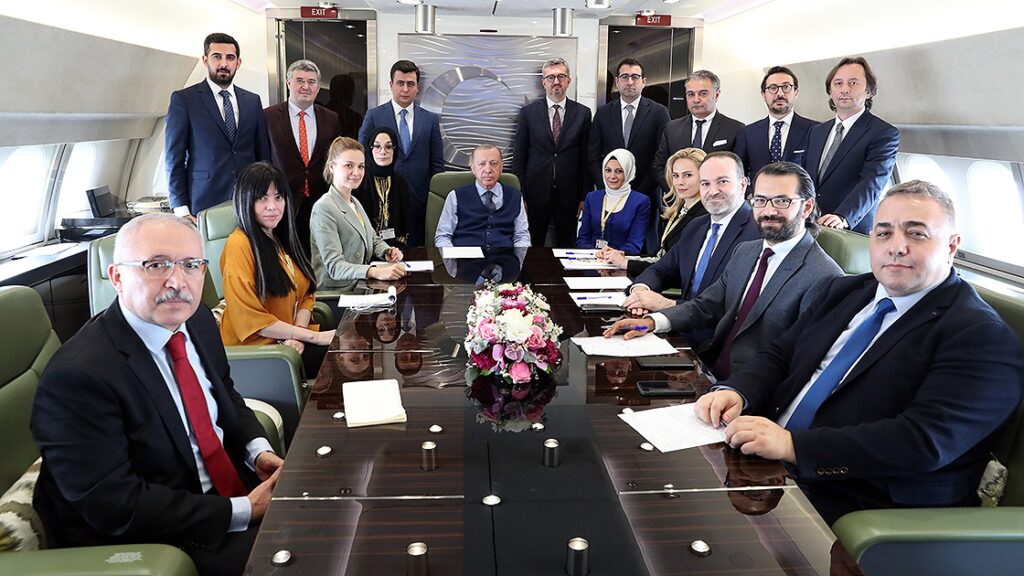
Cumhurbaşkanı Recep Tayyip Erdoğan, Rusya’nın sözde Donetsk ve Luhansk’ı tanımasına ilişkin, “Kararı kabul edilmez olarak değerlendiriyoruz. Tarafları sağduyu ve uluslararası hukuka riayete çağırıyoruz.” değerlendirmesinde bulundu.